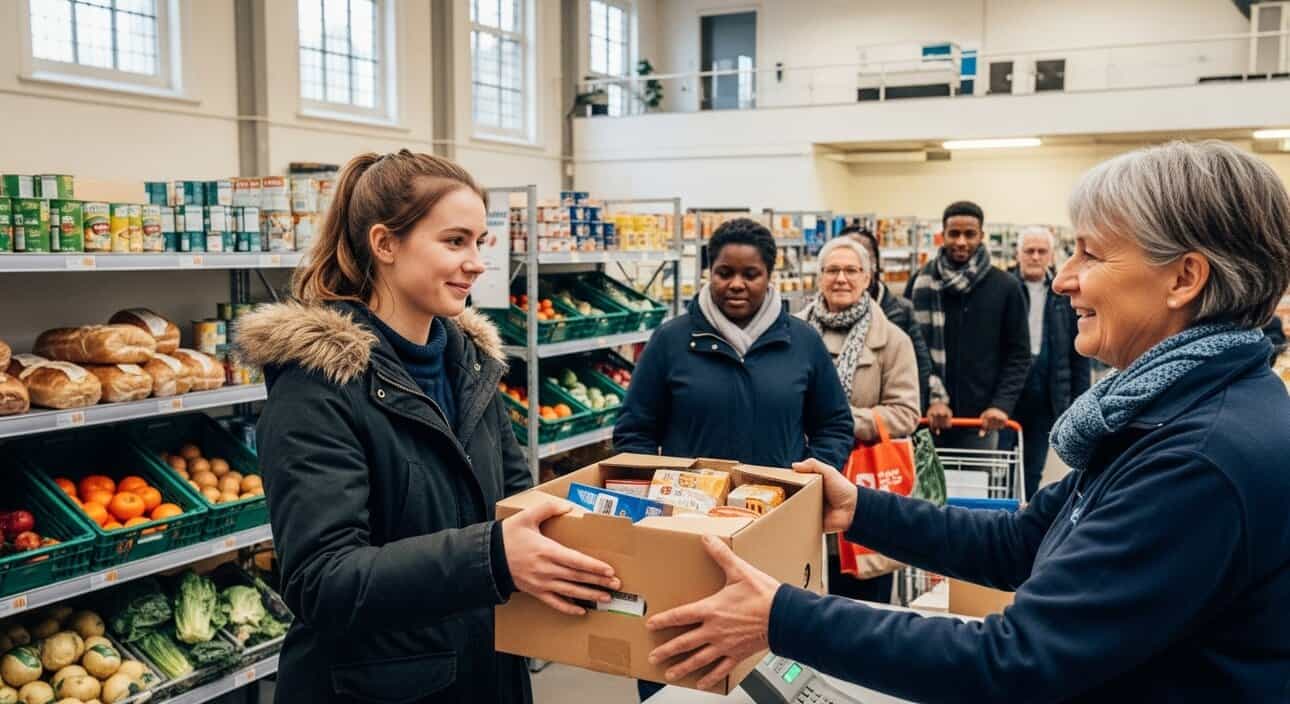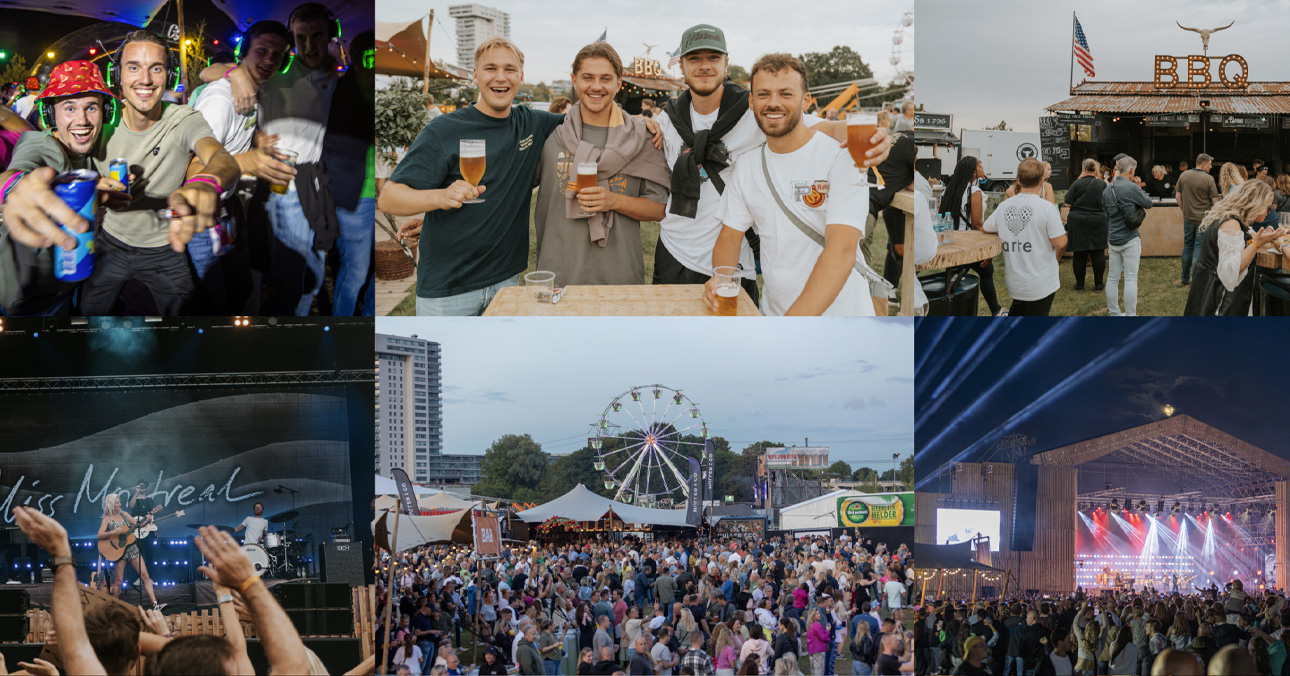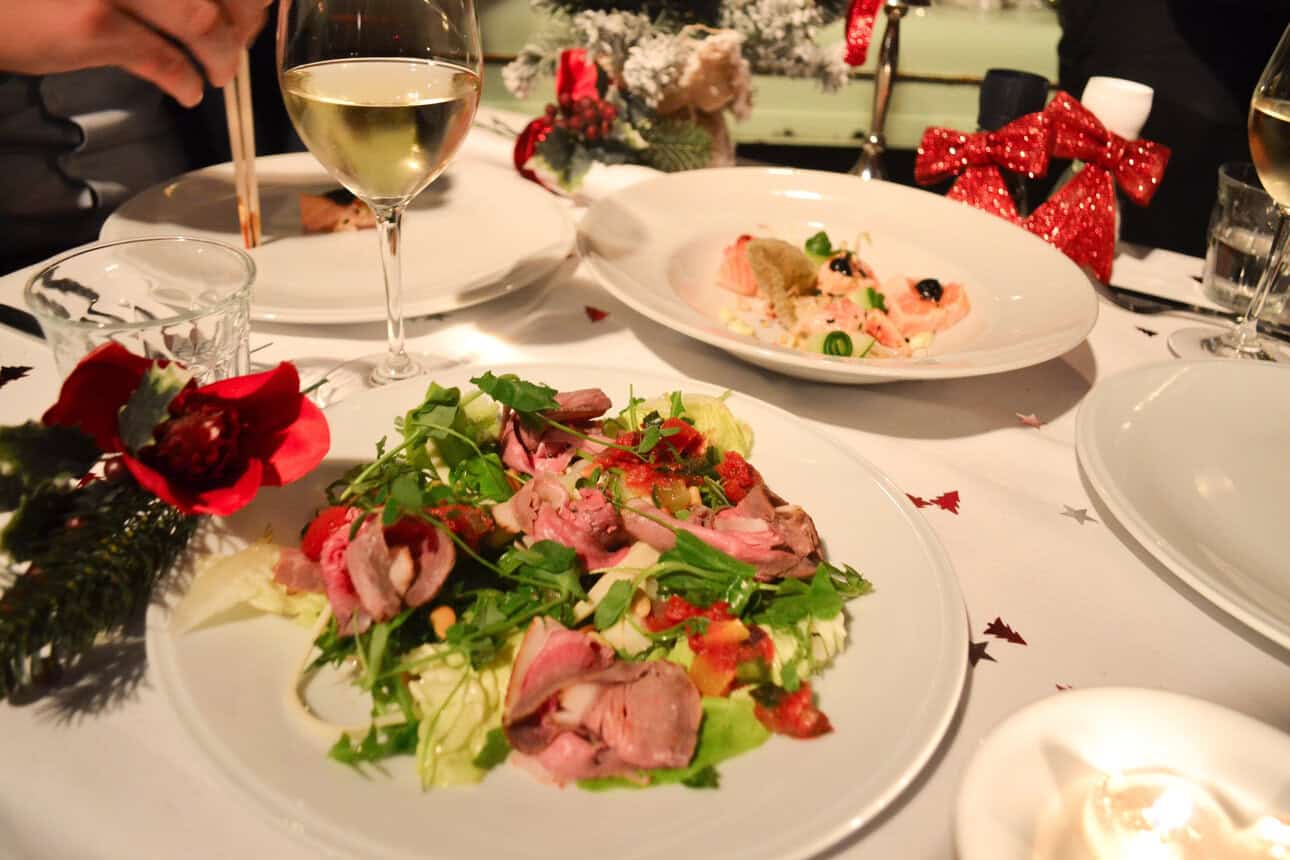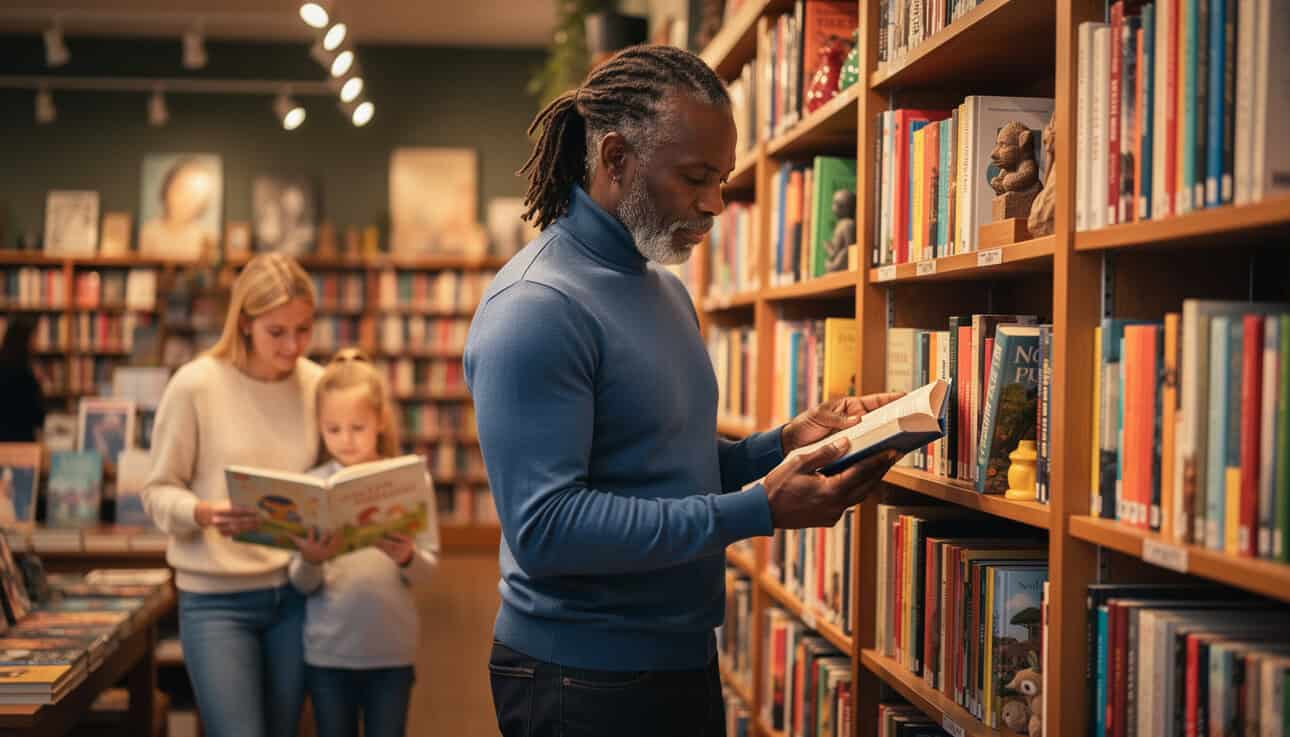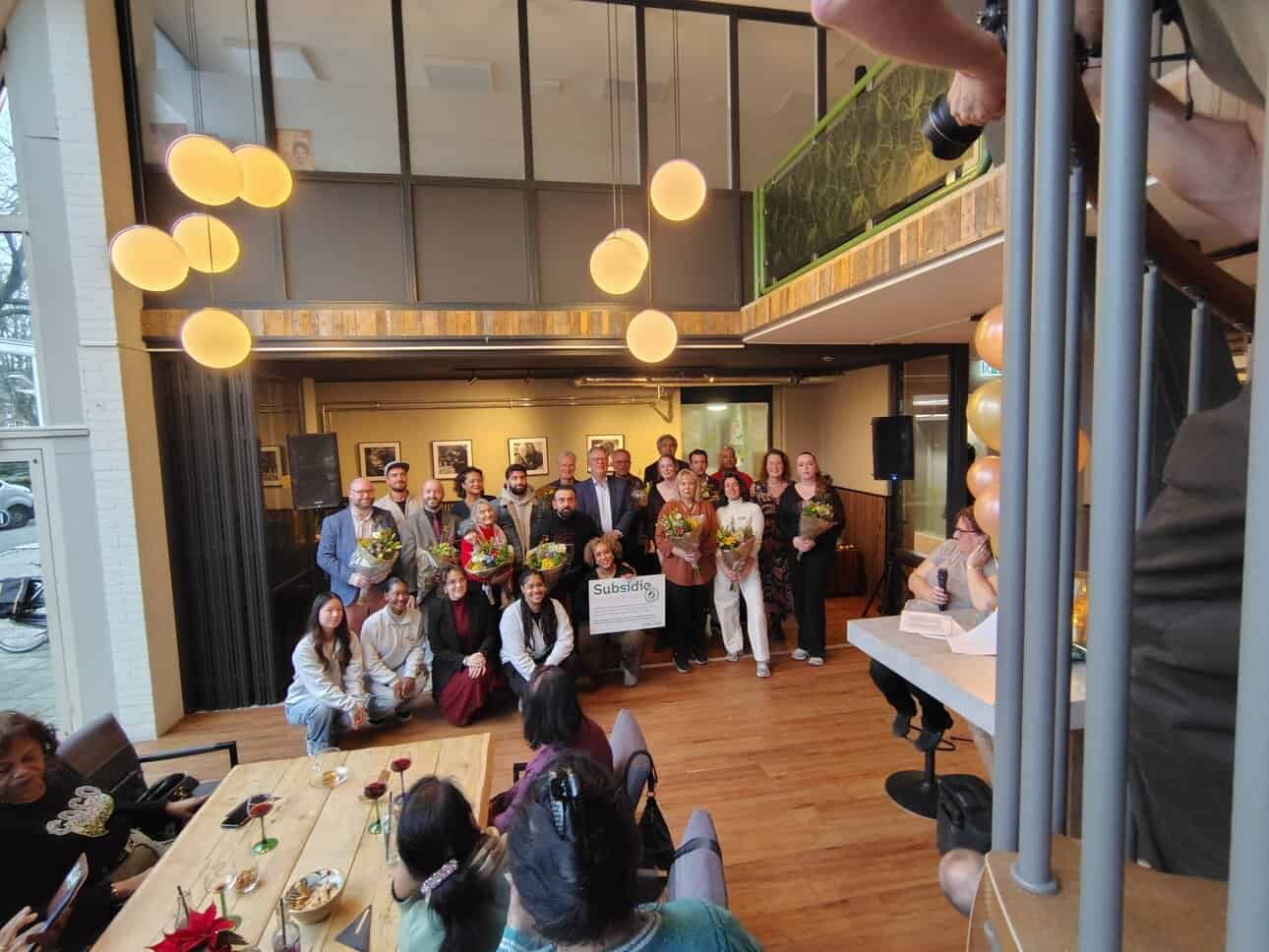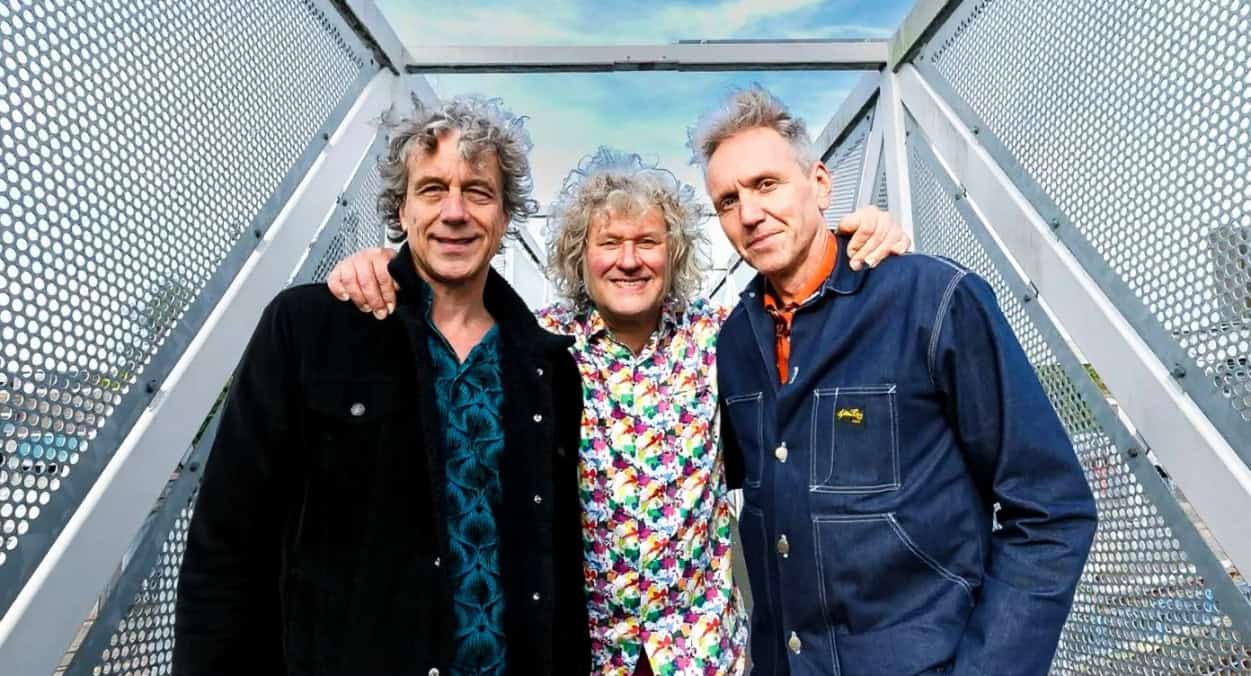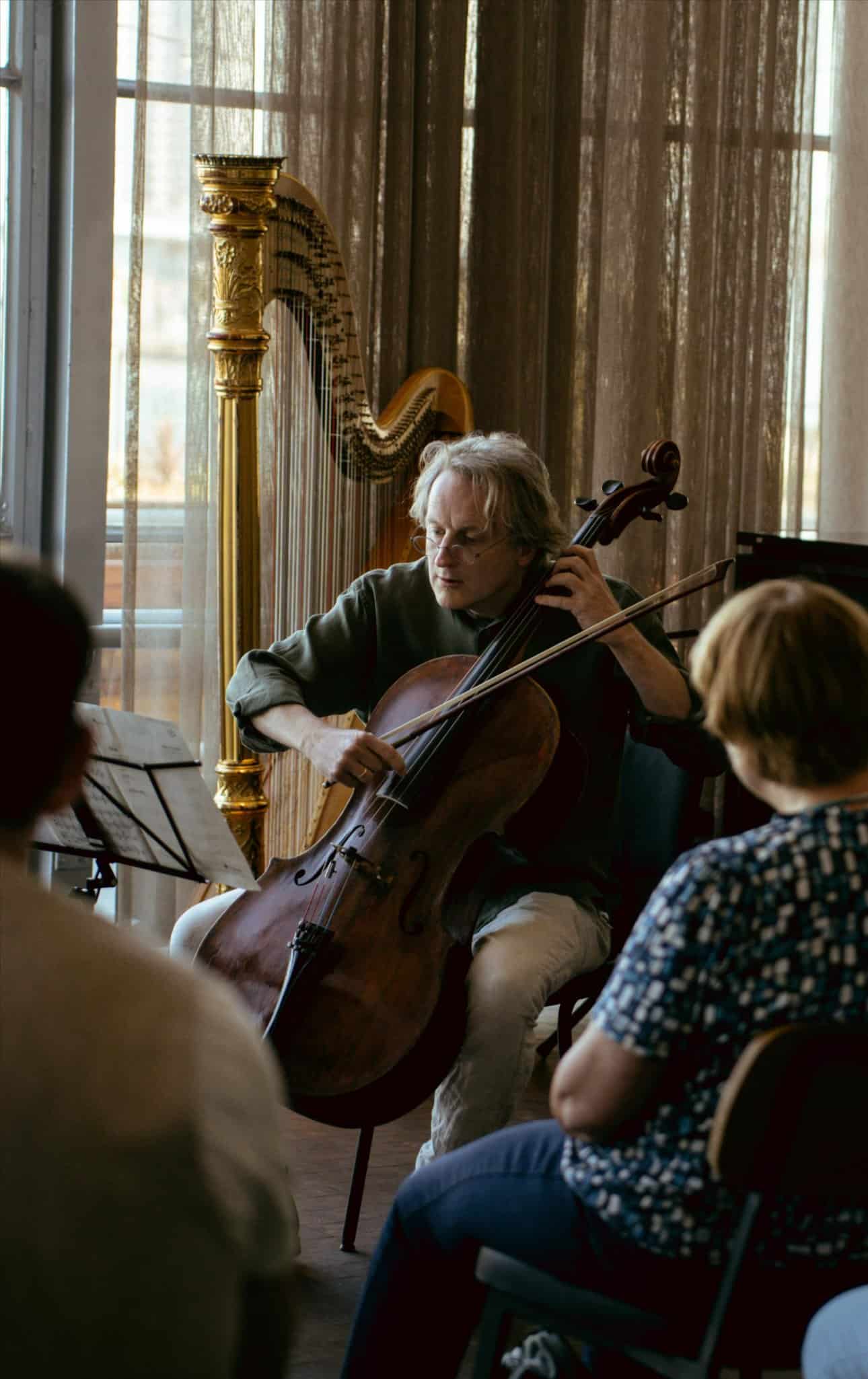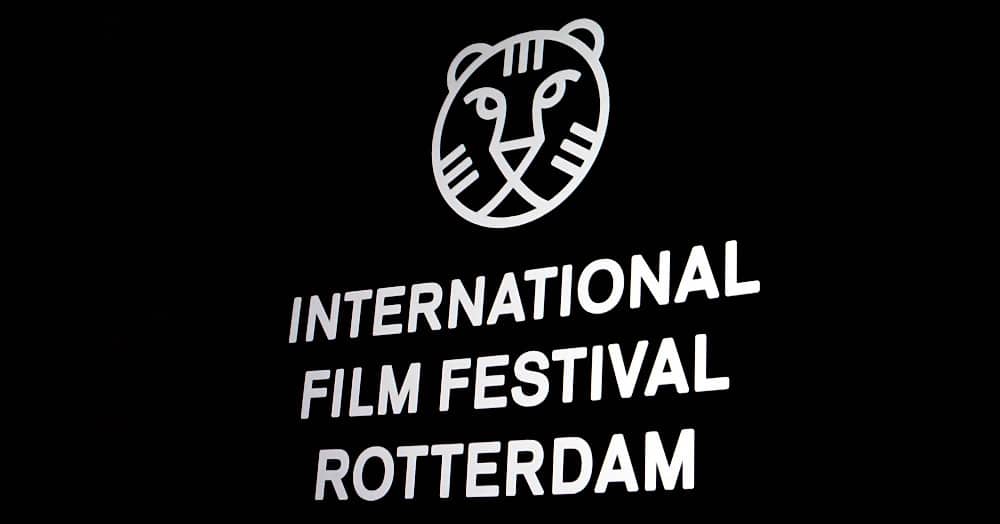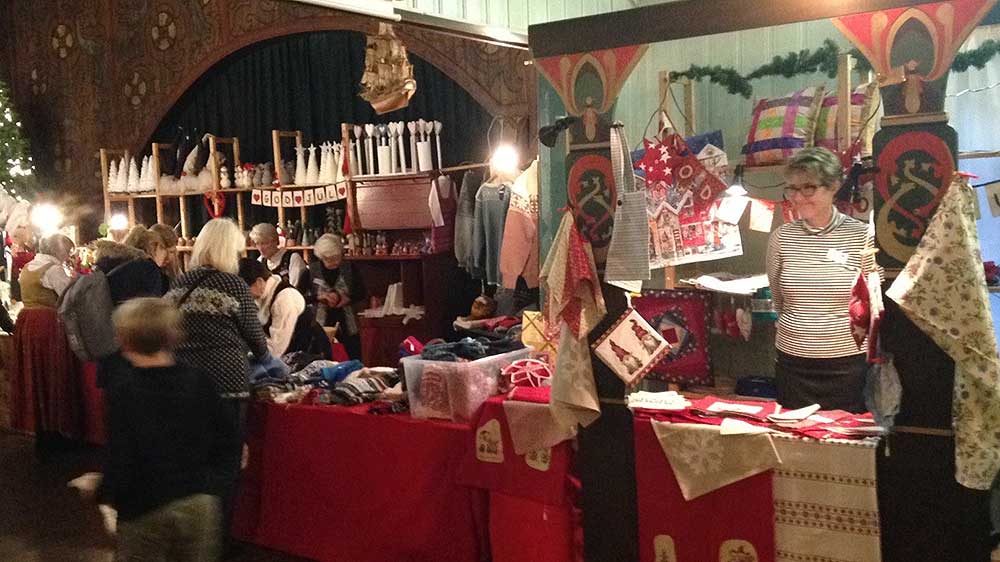Rotterdam's food bank system offers structured, discreet aid to those facing financial hardship, including expats. Applications must go through city-approved channels.
How the food bank system works in Rotterdam
Voedselbank Rotterdam distributes food weekly to thousands of residents struggling with financial insecurity. The organisation, entirely volunteer-run, sources surplus goods from supermarkets and suppliers, aiming to reduce both poverty and waste. With an emphasis on temporary aid and privacy, the system ensures equitable access regardless of nationality or residency status.
Who qualifies for food aid
Eligibility is based solely on disposable income, not citizenship or legal status. Voedselbank Rotterdam uses a standard calculation method: income minus essential expenses (such as rent, insurance, and energy bills). If the remainder falls below a set threshold (known as the normbedrag), individuals qualify. As of 2025, the threshold is €325 for a single person, increasing by €120 for each additional household member.
While modest savings do not disqualify applicants, significant assets may be considered. Applications are assessed with flexibility and in context, allowing for exceptions under exceptional circumstances.
Application process through official channels
Applying to Voedselbank Rotterdam requires the involvement of a recognised social worker (hulpverlener). Residents should first contact VraagWijzer via phone 14 010 or visit their local office to be referred. The social worker assists with filling in the necessary forms, verifying financial documentation, and submitting the application to the Voedselbank.
Once approved, clients collect food weekly at one of three locations operating under a new “supermarket” model:
- Mathenesserweg 21b (Rotterdam-West)
- Groene Hilledijk 225b (Rotterdam-Zuid)
- Crooswijkseweg 82-84 (Rotterdam-Crooswijk)
Instead of receiving a pre-packed crate, clients select groceries from stocked shelves with guidance from volunteers. Approval is typically for three to six months, after which an evaluation is conducted for potential renewal.
What is included in the weekly package
Food packages generally consist of roughly 25 items intended to cover three days’ worth of meals. Items typically include produce, grains, dairy, proteins, and occasionally toiletries. The supermarket model provides choice within limits to ensure fair distribution.
Clients are expected to bring their own bags and collect items on their assigned day. Missed pickups may prompt a follow-up via the referring social worker.
Accessibility for expats and international residents
Expats, international students, and non-Dutch residents are eligible for assistance provided they meet the financial criteria and apply through the proper municipal process. Legal residency or citizenship is not required. Information and guidance are available in English through VraagWijzer and, in some cases, the Expat Centre Rotterdam.
Privacy is strictly maintained. Personal data shared with the Voedselbank is not disclosed to immigration or tax authorities without consent.
Food banks in the Rotterdam region
Neighbouring municipalities such as Schiedam, Capelle aan den IJssel, and Vlaardingen operate their own food banks under the Voedselbanken Nederland umbrella. Residents should apply within their own municipality. While Rotterdam formerly distributed crates to regional partners, each city now manages its own stock and intake.
For example:
- Schiedam: Distribution takes place weekly at local centres; contact WOT for intake.
- Capelle: Stichting Voedselbank Capelle handles applications via Welzijn Capelle.
- Vlaardingen: Residents apply through local welfare services or the Protestantse Diaconie.
Alternative food support in Rotterdam
Other initiatives complement the Voedselbank’s work:
- Rotterdamse Voedselservice (Mobile Food Bank): A bus operated by Stichting Salaam and Hotspot Hutspot delivers halal food to underserved districts, including Crooswijk, Lombardijen (IJsselmonde), Overschie, Prins Alexander, and Slinge (Charlois). No referral is needed.
- Red Cross grocery cards: Distributed through community partners, these €15–€20 supermarket vouchers are meant for those awaiting formal aid. VraagWijzer began distributing them directly in July 2025.
- Community meals: Organisations such as Leger des Heils and local churches offer free or low-cost meals.
- Food rescue groups: Volunteer-run projects and Free Fridge initiatives distribute rescued food to the public.

